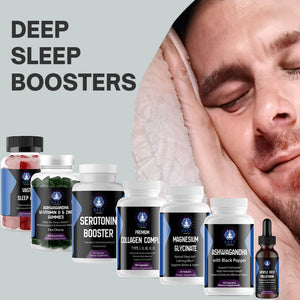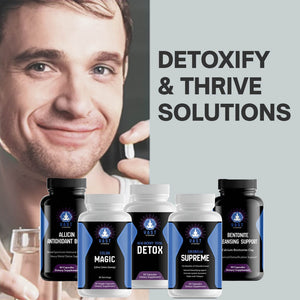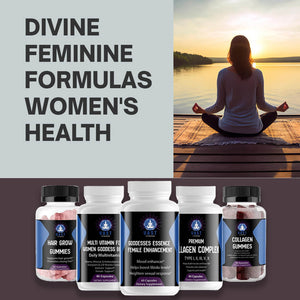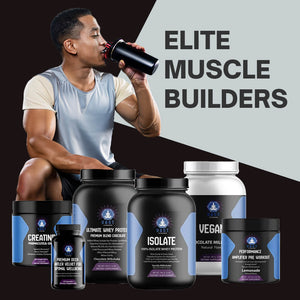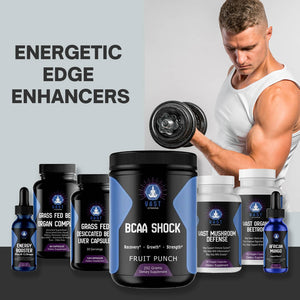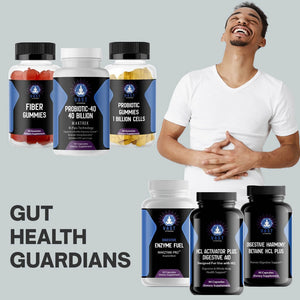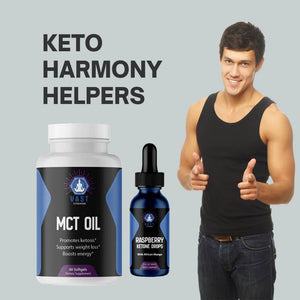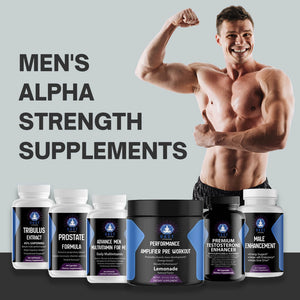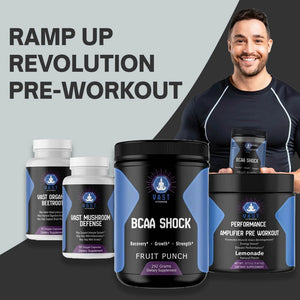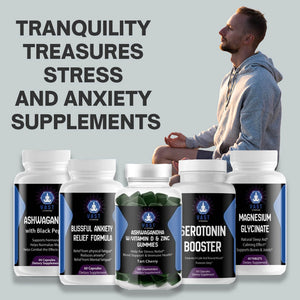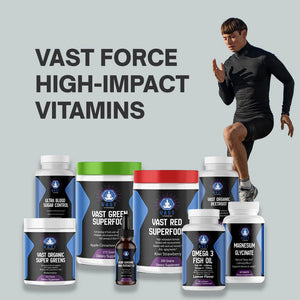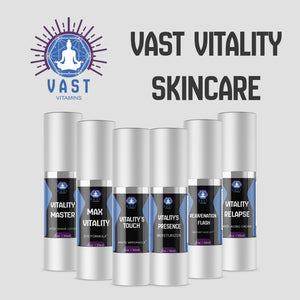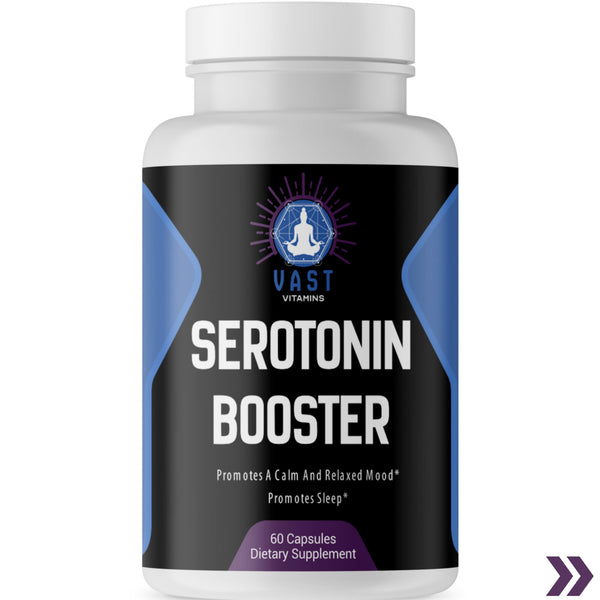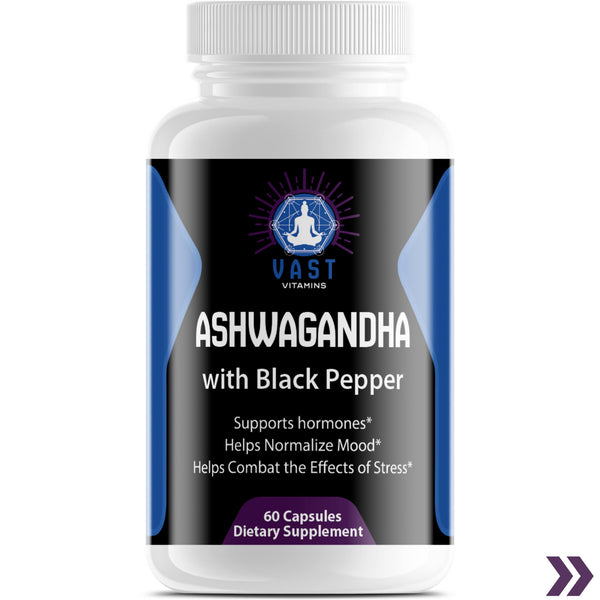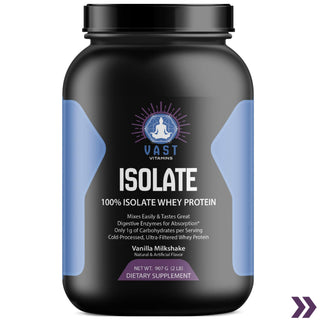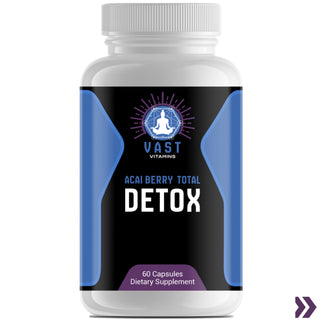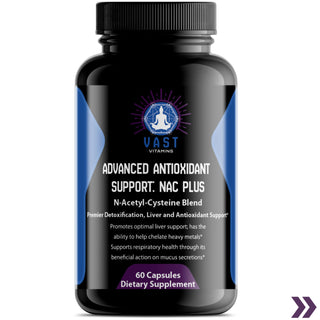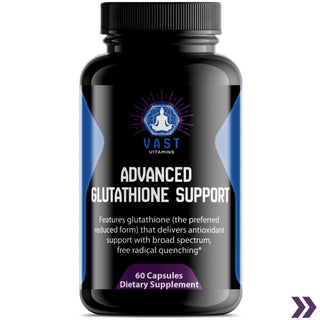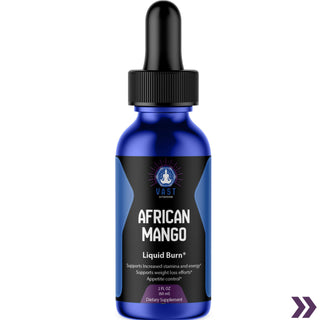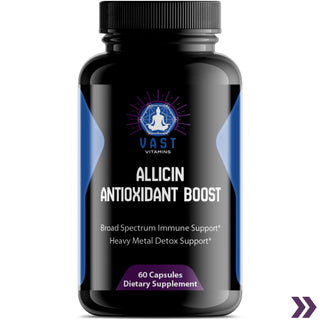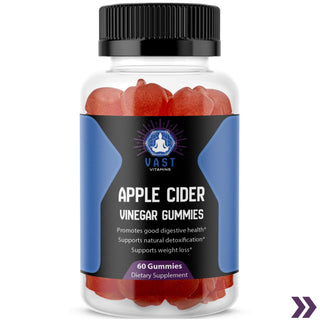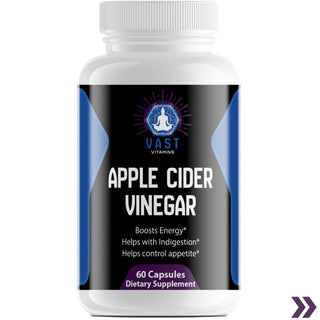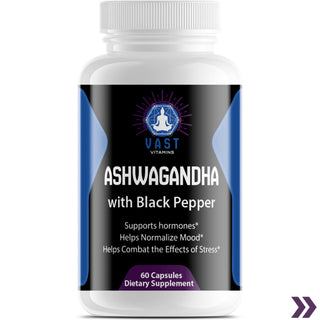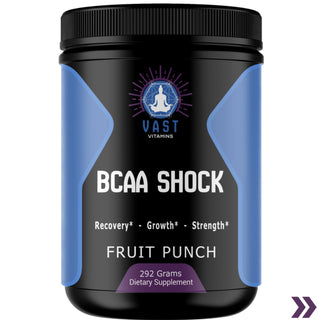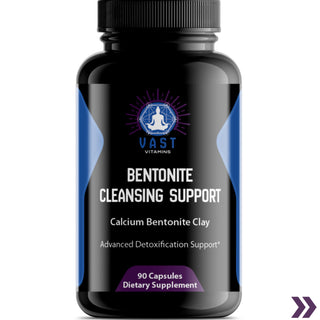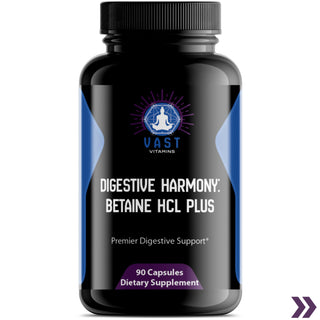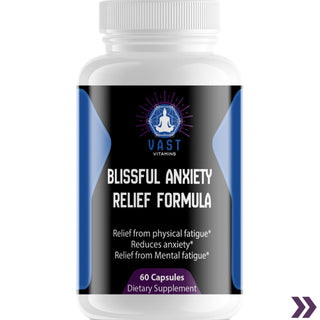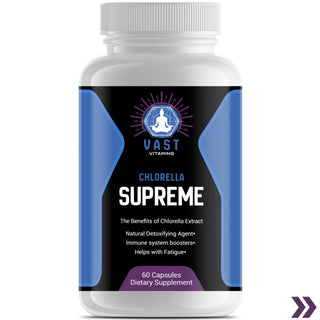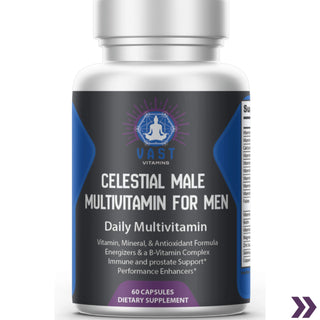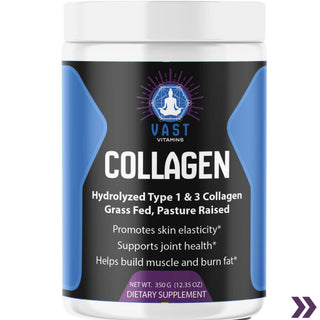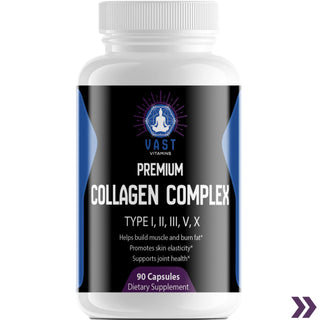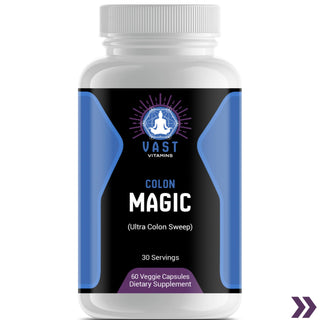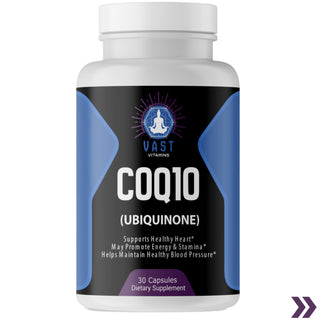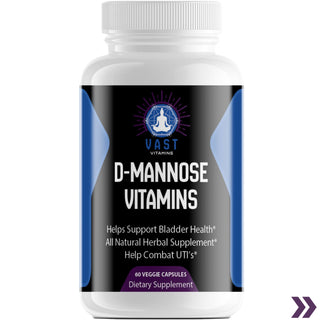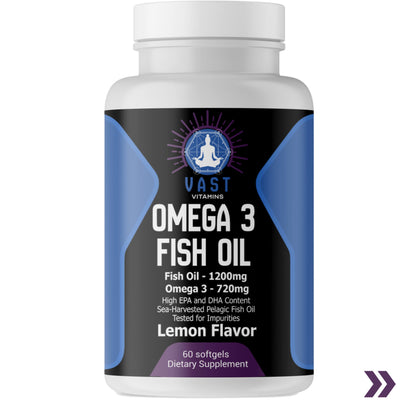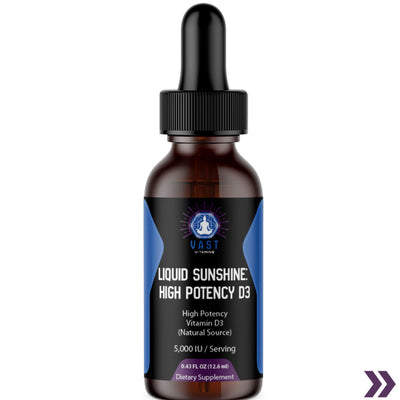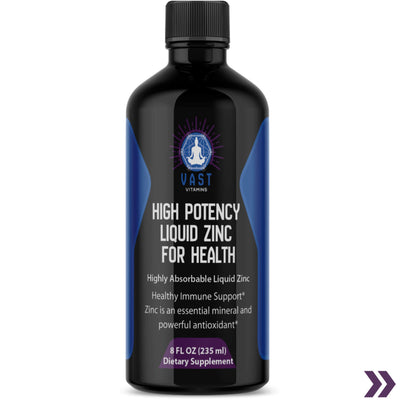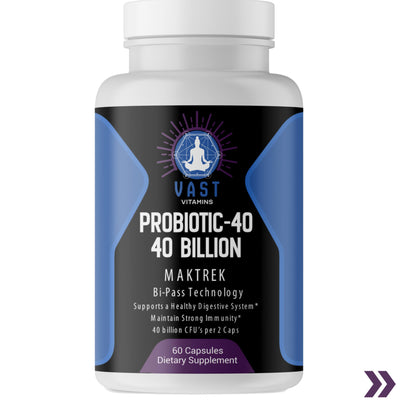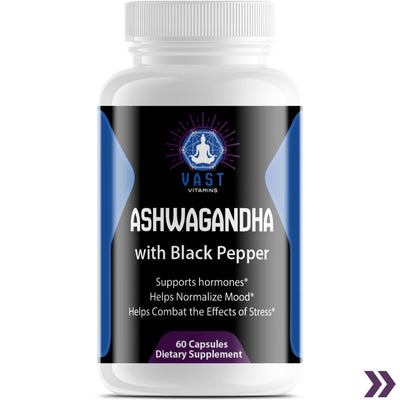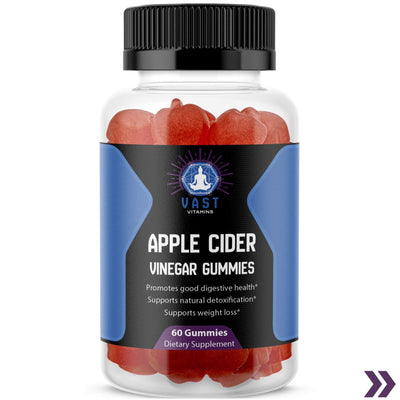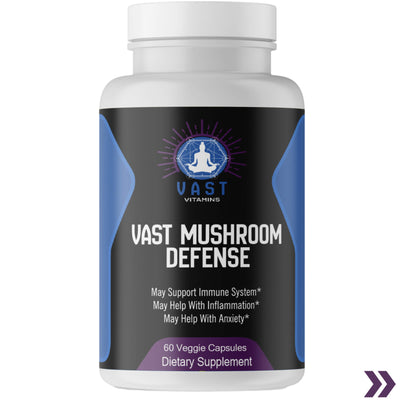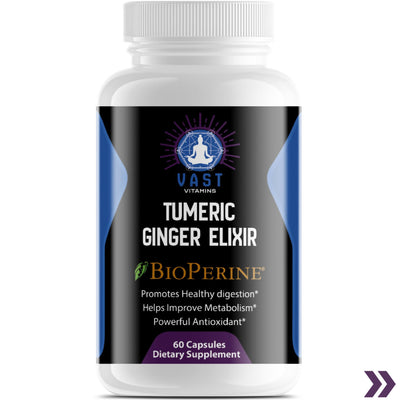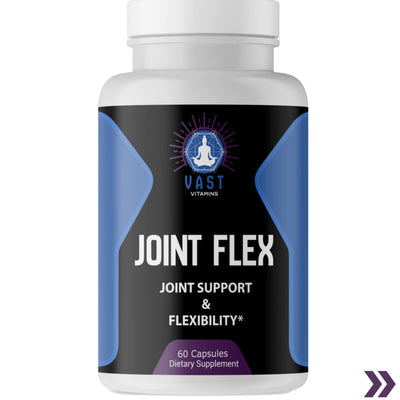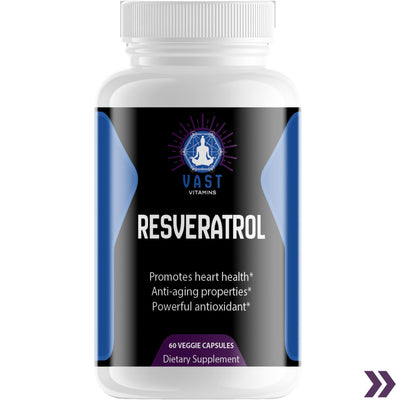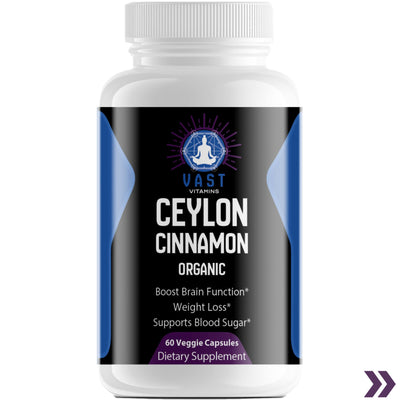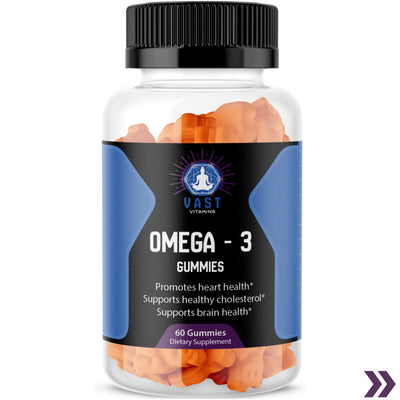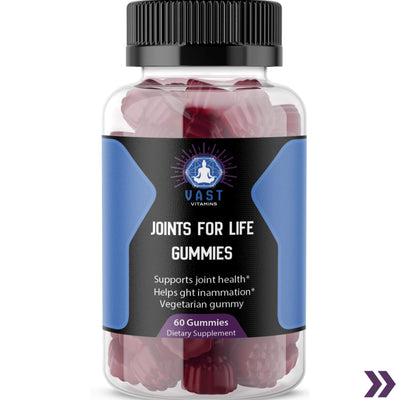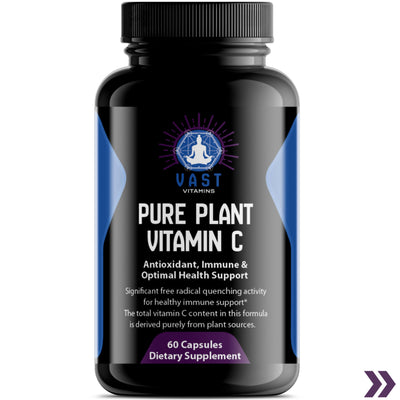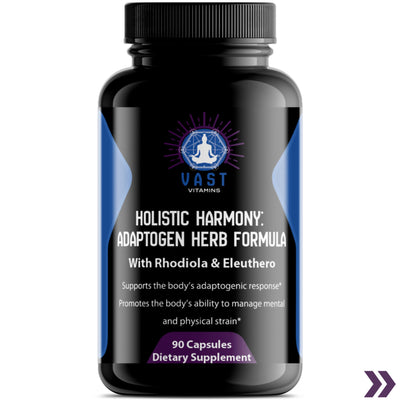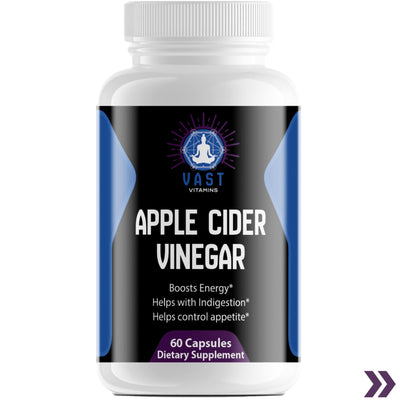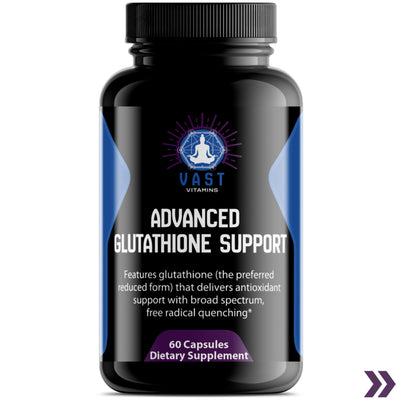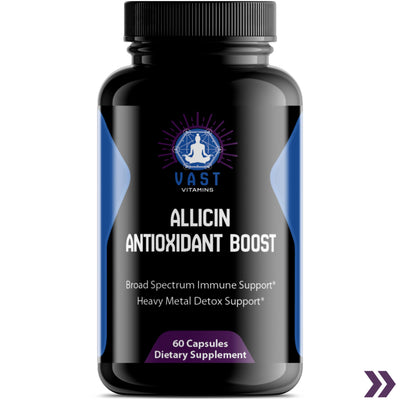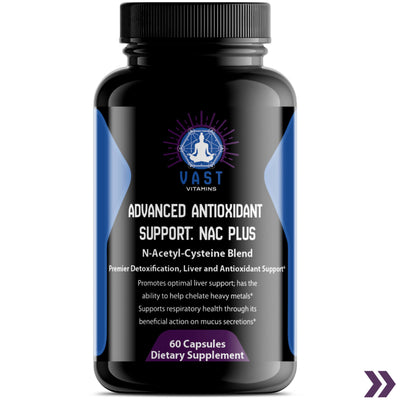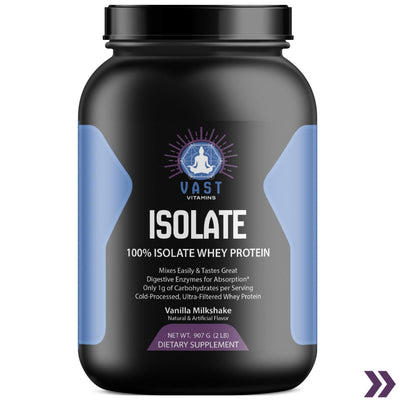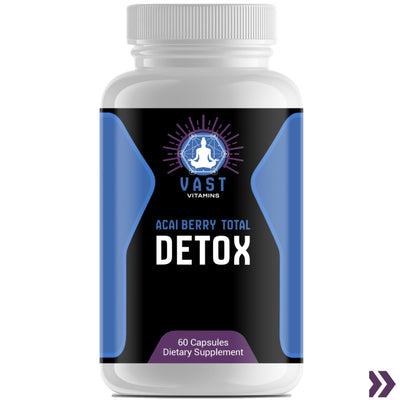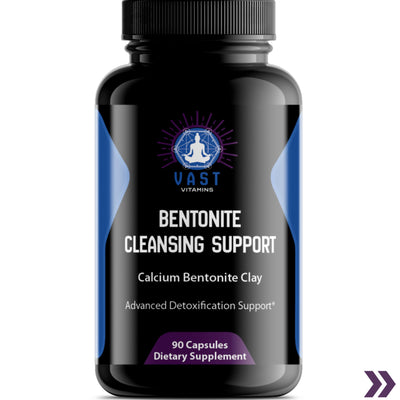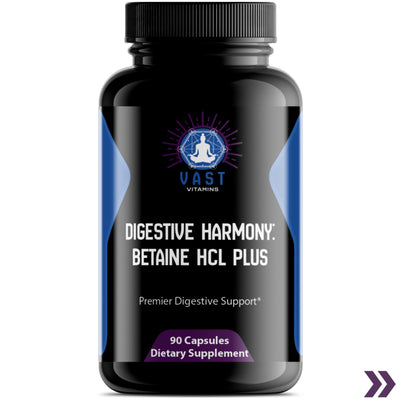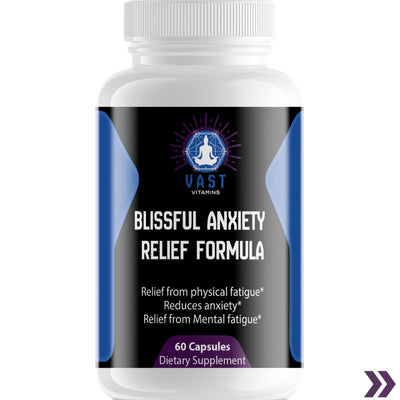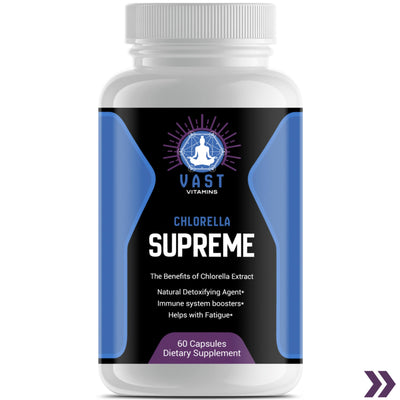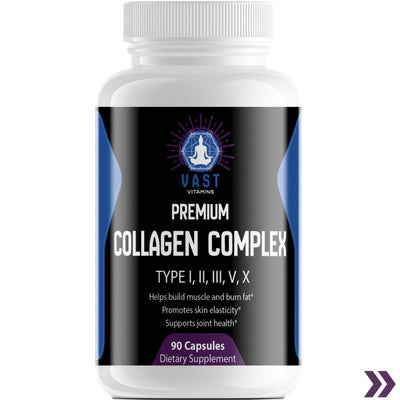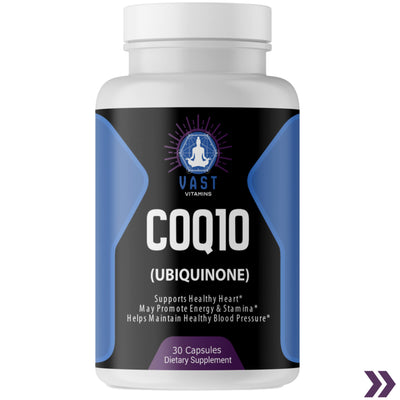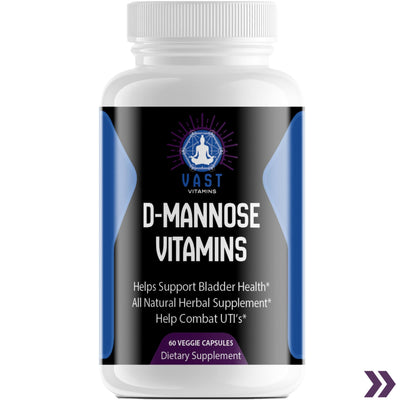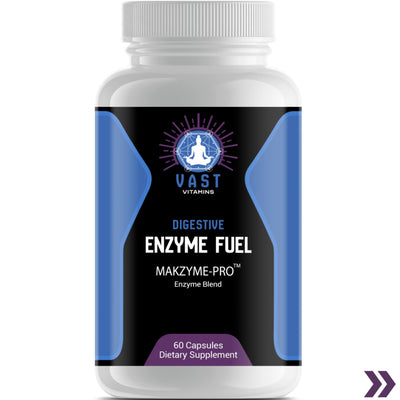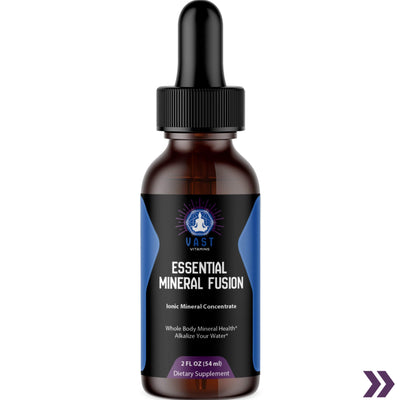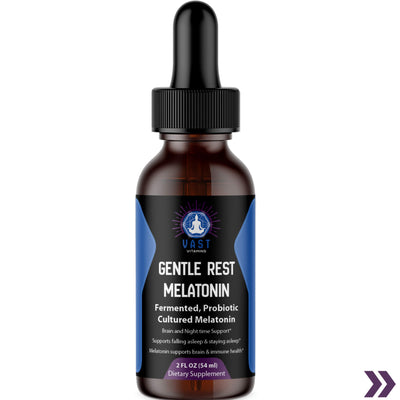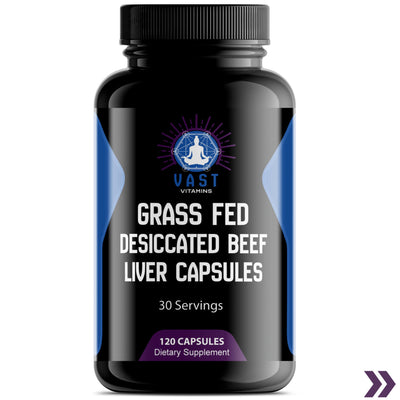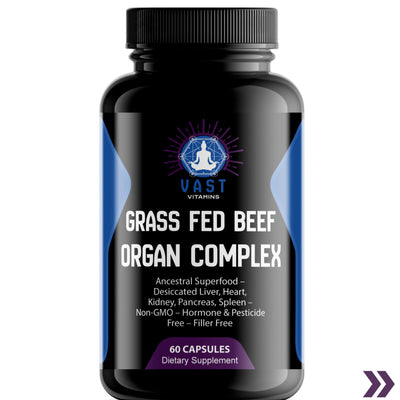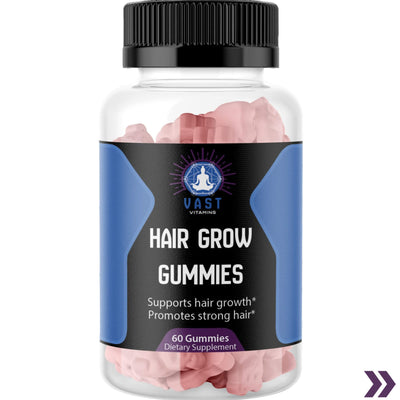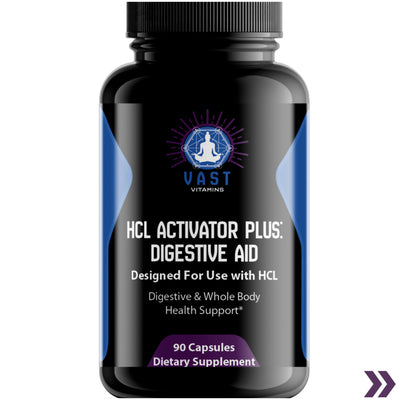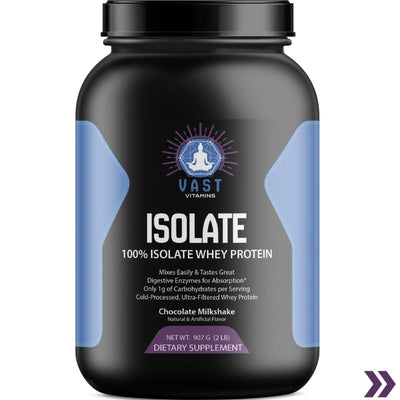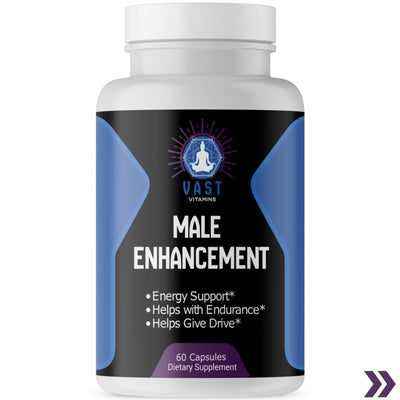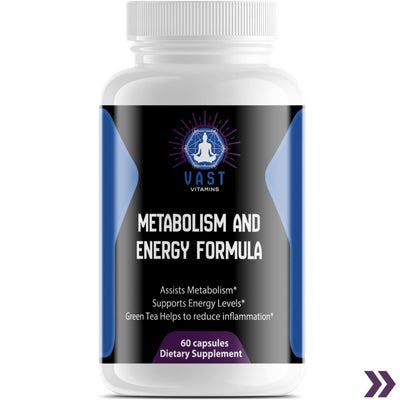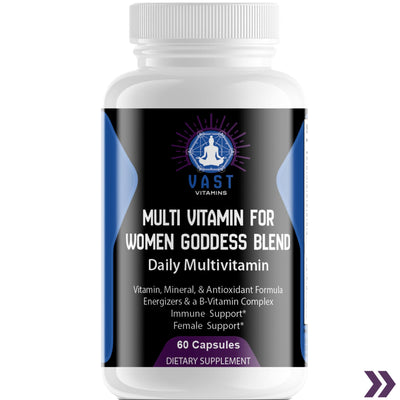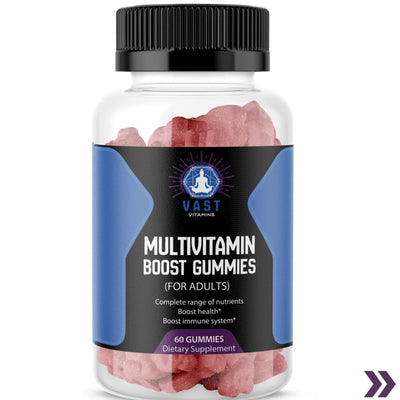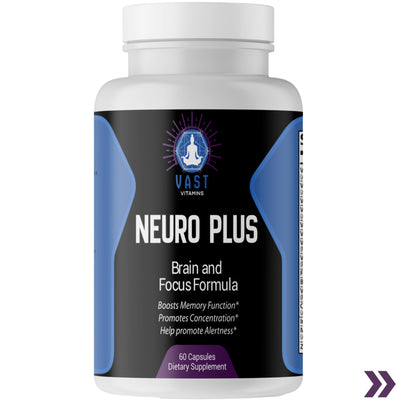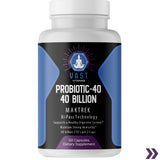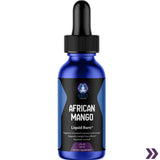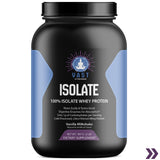Consuming fruits and vegetables has never been easier. With so many different options to choose from, you can practically incorporate fruits and veggies into any meal you want throughout the day. However, not every option is as healthy as you might think.
To ensure you get all the necessary nutrients into your body and get the most out of your greens, you should first understand the nutritional differences between fresh, frozen fruits and vegetables and powders. Here's everything you should know.
Fresh
Despite popular belief, fresh fruits and vegetables are not always so fresh. They often need to be picked early and transported long distances from the field to the store. As a result, they don't have all the beneficial nutrients they should have.
These long transportation periods are especially damaging for sensitive vitamins such as vitamin C that can be found in citrus fruits, broccoli, green beans, cauliflower, etc. Add poor light and temperature conditions as well as extended exposure to oxygen to that mix, and you've got yourself an accelerated loss of vitamin C.

Frozen
If you don't eat your fruits and veggies right after you buy them, you should then opt for frozen. Frozen fruits and vegetables are often healthier and have more nutrients. This is due to the fact that they are picked when they are ripe and flash-frozen immediately, which reduces the loss of nutrients.
According to scientists, frozen products actually contain more minerals and vitamins than some fresh food. However, you need to eat a bunch in order to get a full serving of fruits and vegetables.
Powder
Fruits and vegetables are extremely healthy and rich in nutrients. They contain plenty of vitamins, minerals, dietary fiber, carotenoids, ascorbic acid, etc. With that said, they should be consumed immediately after harvest for maximum benefits and to increase nutrient absorption.
When fruits and vegetables are converted into powder, they are easier to preserve and use as ingredients. The loss of important nutrients is minimized during powder production so they're more beneficial for you in this form.
While frozen fruits and veggies may contain more nutrients than fresh ones, you'd need to eat a lot of portions to get enough vitamins and minerals into your body. On another hand, powders usually contain enough nutrients to fuel your entire body.
At Vast Vitamins, we have a passion for vitamins and supplements and we provide our customers with nothing but the highest quality of products that are guaranteed to meet their needs and keep them satisfied! Our powders contain farm-fresh nutrient-rich greens, wholesome fruits, and veggies.
For instance, our Vast Green Superfood powder is a full serving of the right nutrients and it's 3rd party tested for potency. This nutrient-dense superfood powder helps with overall well-being by aiding in anti-oxidation, lipid metabolism, and glucose metabolism.
- Easy way to increase your intake of nutritious greens
- Naturally high in fiber and a healthy probiotic
- Contains all essential vitamins and minerals
To maintain a healthy lifestyle, you should aim for a balanced diet that includes fresh, frozen, and powder fruits and vegetables. Remember that health is a matter of balance.
Your body deserves the best! At Vast Vitamin, our goal is to help people live their best life possible. Not only through Vitamins/Supplements but through health education as well.
Do you have any additional questions for us about fresh, frozen, and powder fruits and veggies? Feel free to get in touch with our team, we're looking forward to hearing from you!
Fresh vs Frozen vs Powder Fruits and Vegetables: FAQ
What are the benefits of eating fresh fruits and vegetables?
They're full of vitamins, minerals, and antioxidants, all of which can improve health.
How does freezing affect nutrients?
Generally speaking, freezing helps retain the nutrient content of fruits and vegetables.
What is Blanching?
Blanching takes place prior to freezing and involves placing the produce in boiling water for a short time usually a few minutes.
What is the best time to pick fruits and vegetables?
Most fresh fruits and vegetables are picked before they are ripe.
What is the best way to store fresh produce?
During transportation, fresh produce is generally stored in a chilled, controlled atmosphere and treated with chemicals to prevent spoiling.
How long does it take to ship and store produce?
Transportation and storage can take anywhere from 3 days and up to 12 months for some types of produce.
What are the effects of fresh fruit and vegetables on nutrients?
Shortly after harvesting, fresh fruits and vegetables start to lose moisture, have a greater risk of spoiling, and drop in nutrient value.
What are the effects of vitamin C on fresh vegetables?
The vitamin C in fresh vegetables begins to decline immediately after harvesting and continues to do so during storage. For example, green peas have been shown to lose up to 51% of their vitamin C during the first 24–48 hours after harvesting. In vegetables stored chilled or at room temperature, antioxidant activity declined. However, although vitamin C can be easily lost during storage, antioxidants like carotenoids and phenolics may actually increase.
What is the best time to eat fresh fruits and vegetables?
Therefore, it's best to eat fresh fruits and vegetables as soon as possible.










